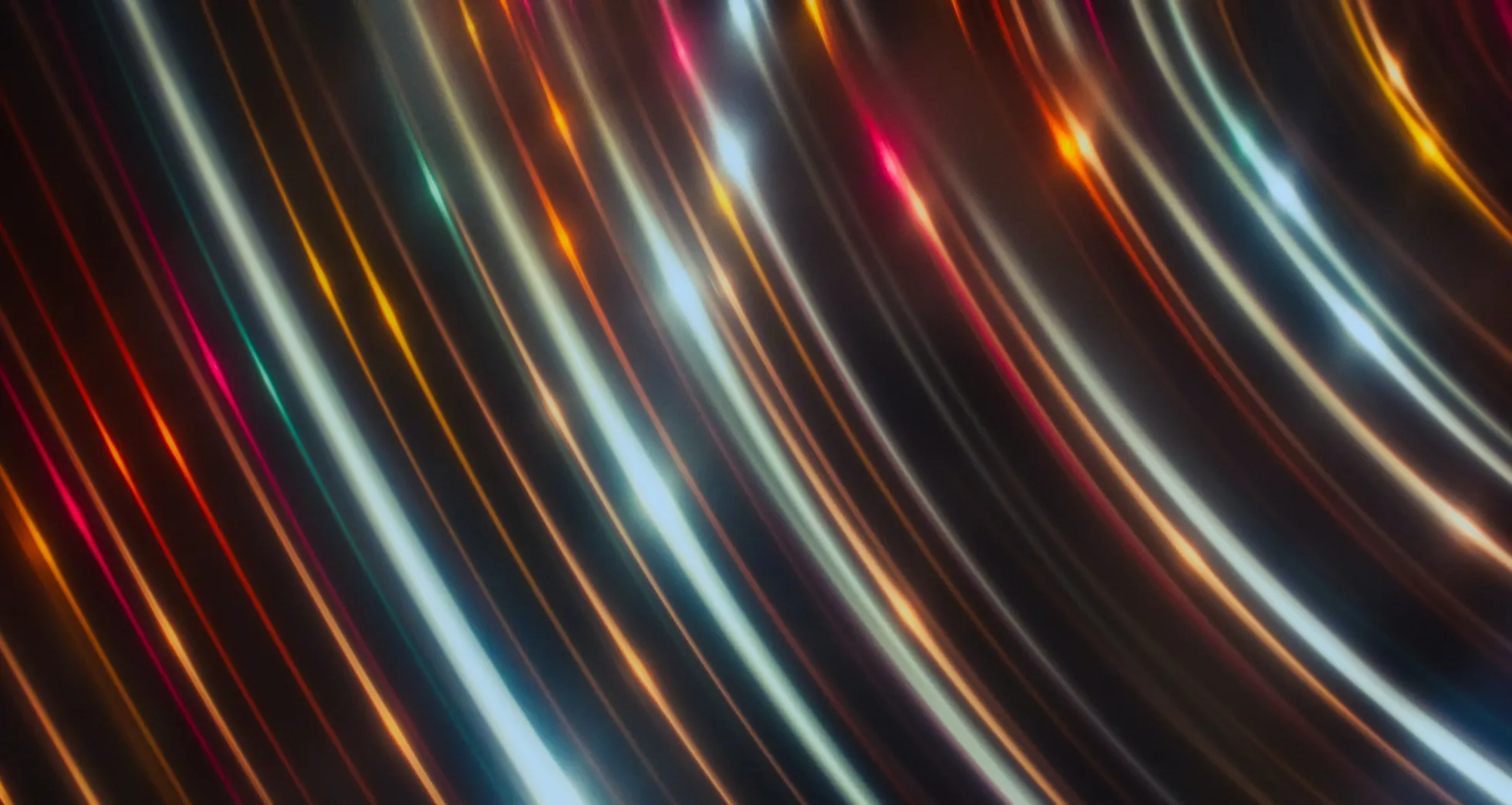
Music as a space of expression for gender diversity and non-conformity

If we have learnt anything in a very short space of time since Covid tore through the fabric of our lives, it is this: our world is changing, and we are evolving people capable of adapting to new norms. We are made up of a myriad of colours, shapes and sizes. With many cultures seeping through our veins, we are coming to celebrate diversity openly and acceptingly.
Within the perpetual moving sphere of change lies the music industry which has always been a platform that has contributed to the reshaping of our culture, redefining gender roles and setting trends along the way. Built on creative expression and freedom of speech, it has acted as a safeguard for artists and bands to voice their lived experiences though music, lyrics and performance.
Even if at times it wasn’t safe to express, music was a vehicle that acted as the driving force to better moments to come ethically, politically and socially. It has been via the power of music that we surpass our indifferences, our conformity and welcome diversity.
Movements of change
If we take the urban folk and jazz movements of the 40’s and 50’s where we see artists like Billie Holiday, a non-conforming creative, elevating the voice of her peers and challenging gender diversity in jazz and popular culture as a bisexual black woman. So much so that her ground-breaking singing style influenced the most important singers of the 20th century across all idioms. Then we have Willmer Little Axe Broadnax & The Golden Echoes (hits such as Lift Him Up and You Are My Sunshine come to mind). Willmer was a transgender man, yet his contribution to Gospel Music far outweighed his inscrutable background.
Women in music are standing their ground, creating their own identities and expressions of self
From the 40’s to present day, music continues to be a space for artists to show and be proud of who they are. Laura Jane Grace inspired and liberated trans women in the 2010’s, her music acting as a platform to educate and free others, notably in the album she released with her band Against Me!, Transgender Dysphoria Blues. Admittedly, she was scared to come out to the world, but she did it anyway because music grants fearlessness to its creators. We can learn from the earlier part of the 20th Century, that non-conformity was very much the bedrock and precipice of modern music. As we moved towards the Rock’n Roll, New-Age folk and Punk movements in the 60’s and 70’s, we witnessed female acts such as Joan Jett’s embodiment of female masculinity where she famously sang:
I don’t give a damn about my reputation, you’re living in the past, it’s a new generation, and a girl can do what she wants to do, and that’s what I’m gonna do.
Lest we forget that Jett was rejected by over twenty record labels and defamed by former managers in the years following the break-up of her first band, the Runaways. The above lyrics were a defiant expression of her response to the different codes of conduct applied to male and female rock performers. She was the epitome of a generation to come that inspired the likes of LP, an openly gay, gender-neutral singer who is also a queer role model. They connect with fans everywhere through a signature androgynous style and states: "I've always been gender-neutral, I just don't enforce the pronouns".
We can no longer afford to see things in a binary way
The iconic in sound and style Janelle Monáe set Twitter on fire when they quoted a tweet with a simple hashtag, announcing themselves to the world: “We can’t afford to see things in a binary way. That’s not how the world works.” The inimitable Sam Smith said “I’m not male or female, I think I flow somewhere in between. It’s all on the spectrum.” when describing being non-binary, adding in that each artist is their “own special creation”.
Christine and the Queens tell the world of their pronouns and use the stage and mic as a tool of regale and celebration, thus helping to progress the discussion of identity and acceptance of the use of they/them/their pronouns. Breaking through gender boundaries enabling many to feel connected and indeed liberated in their songs and style.
It is when artists like this express themselves that the visibility raises and impacts most people. When one shines a light, many emerge from the darkness and follow. Music will never stop redefining itself and neither will how we express ourselves. It was often hidden in the past, but now it is in plain sight. Will you open your eyes to see it?